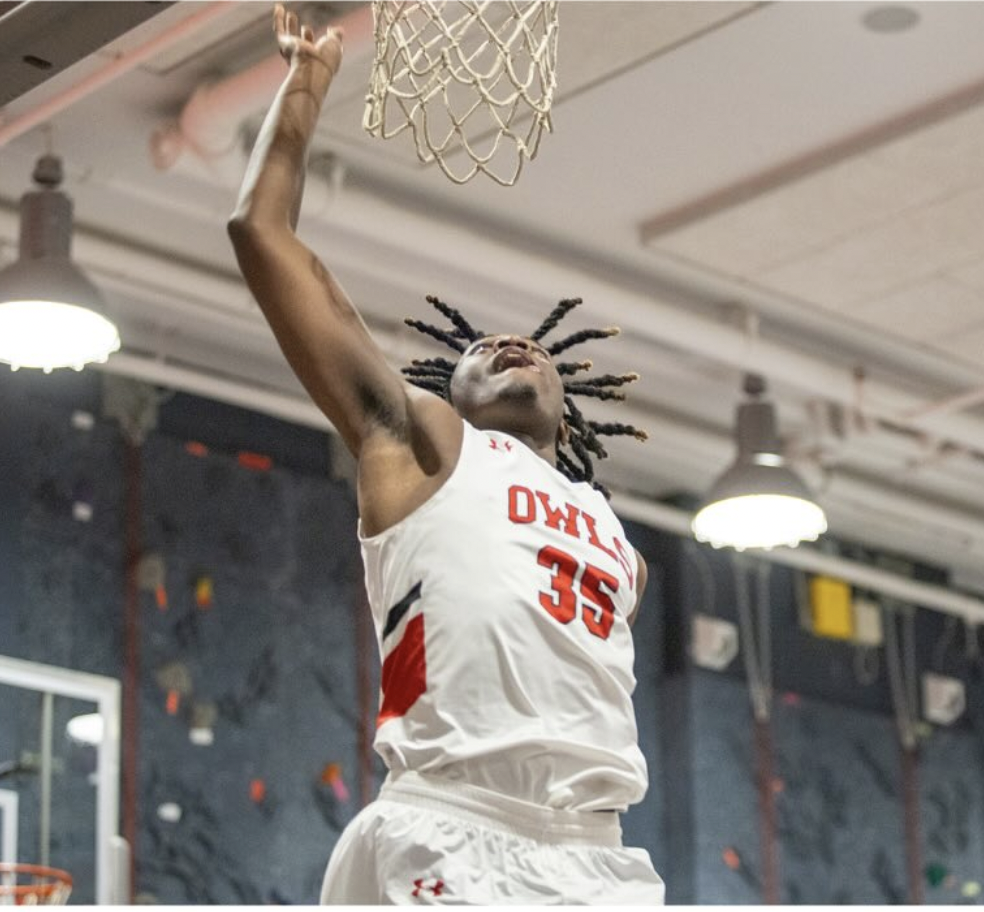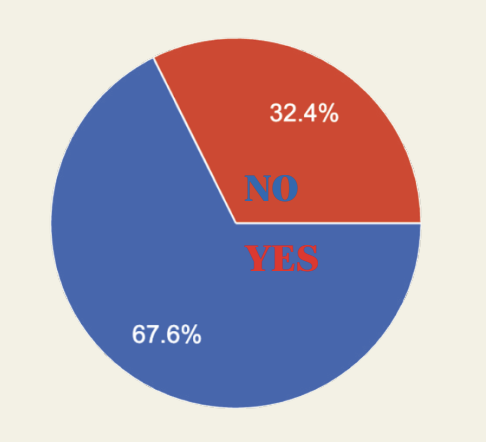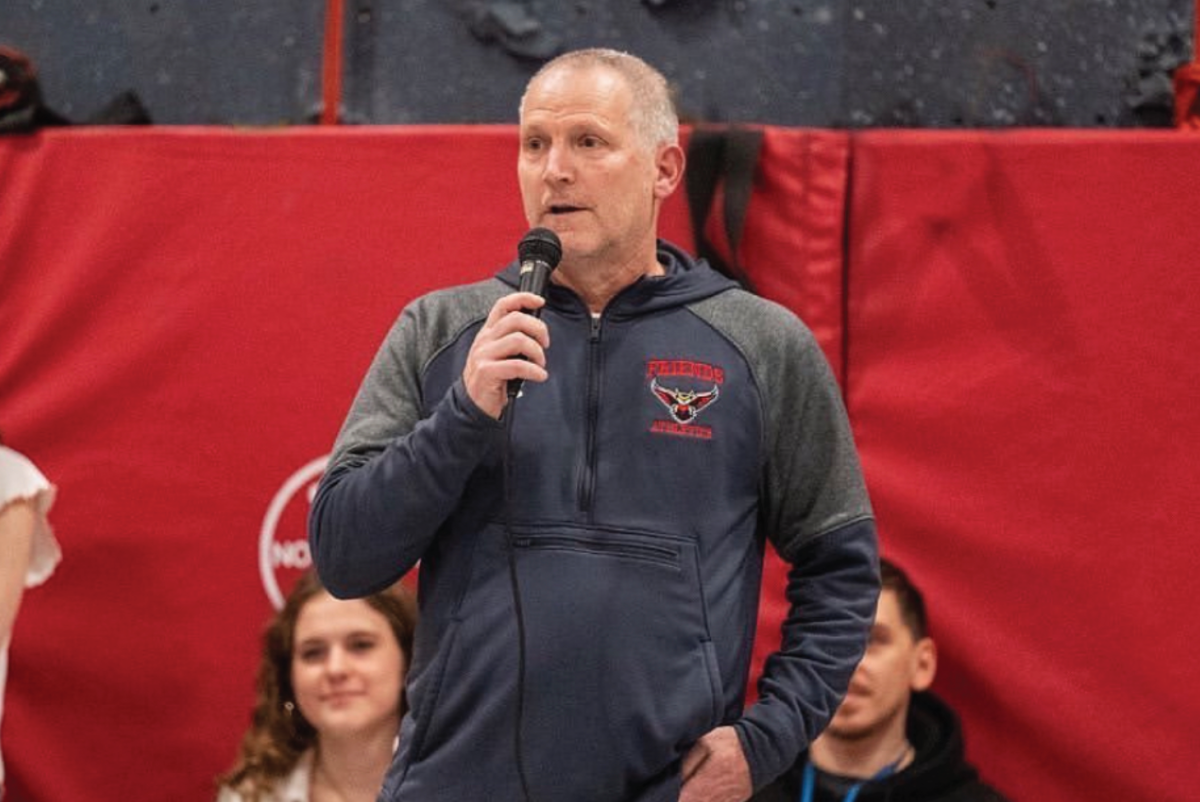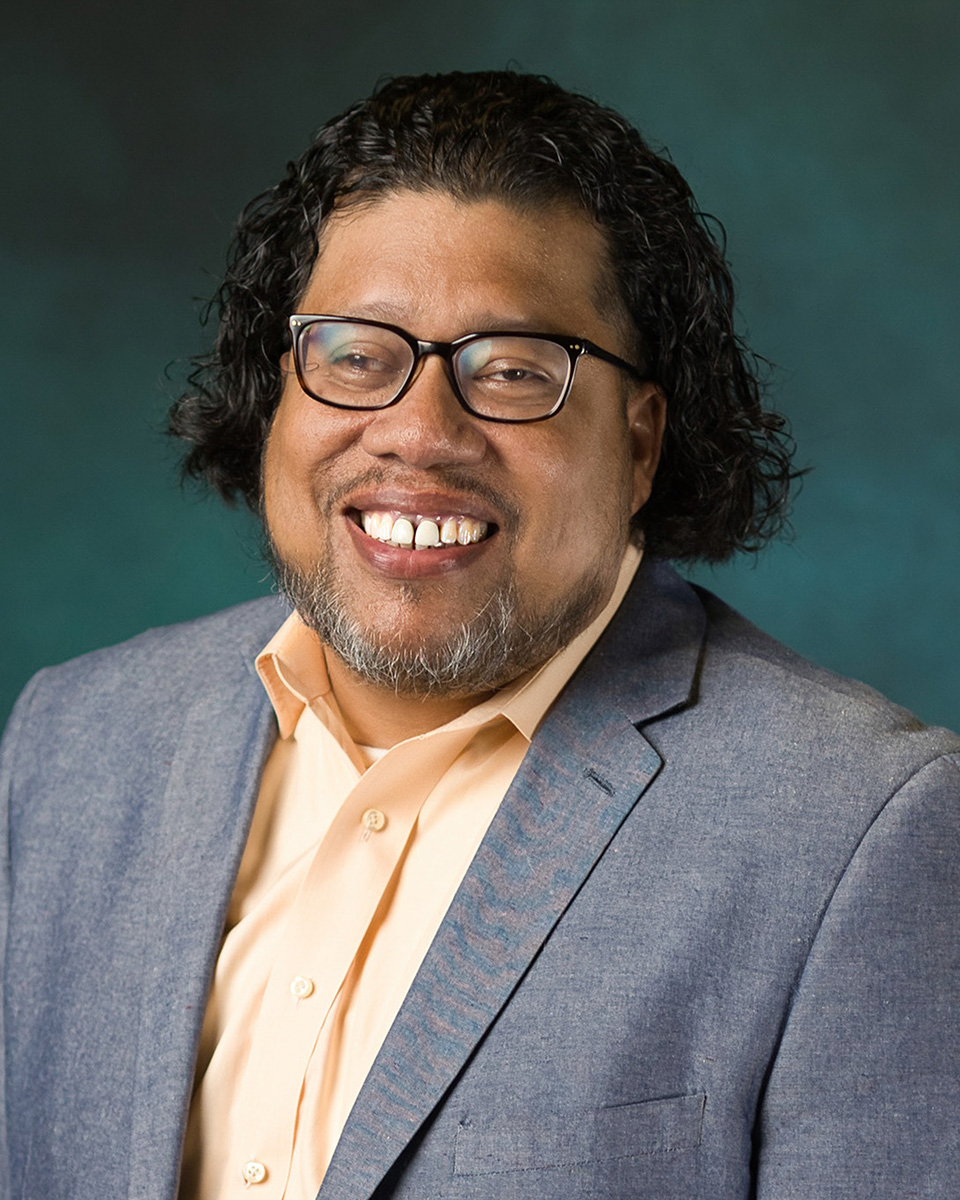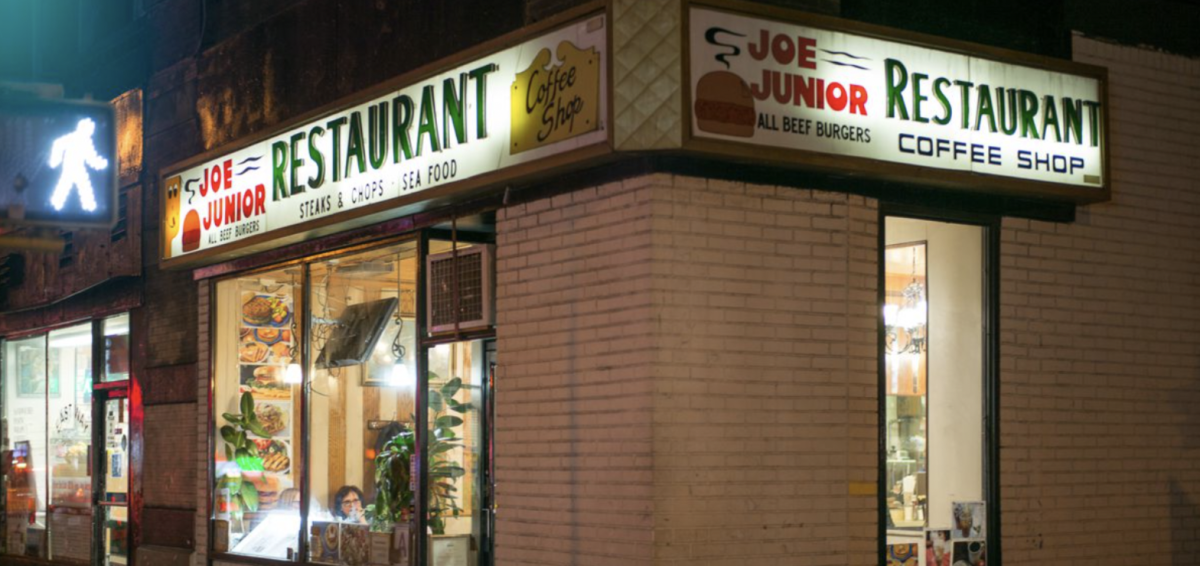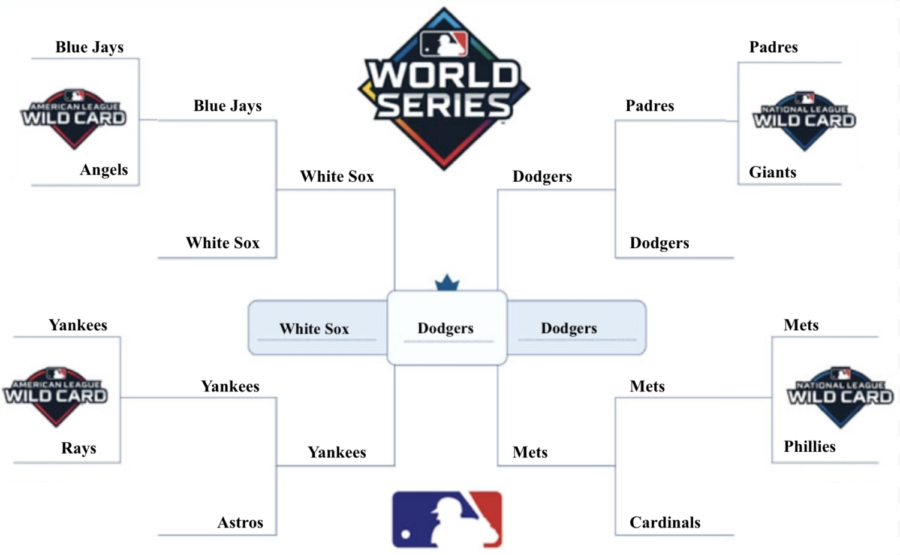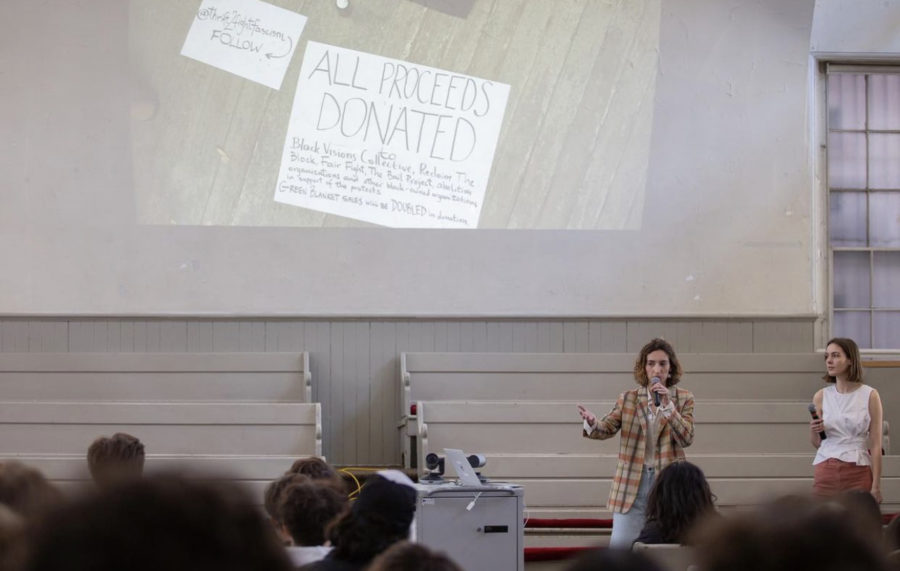At a time when celebrity status has shifted from a symbol of achievement to an indication of going viral online, how can we truly define fame? Celebrity culture is rapidly evolving alongside our increasing use of social media, with influencers fighting for their fifteen minutes of fame and celebrities falling victim to “cancel culture.” Platforms like Instagram and TikTok, which make it easier than ever to connect with public figures and watch viral moments, are not only transforming how we perceive celebrities but also redefining fame itself.
Can we be friends?
Parasocial relationships are one-sided connections that occur in celebrity culture when a fan becomes attached to a celebrity, and this feeling isn’t reciprocated because the celebrity has thousands, or even millions, of other fans vying for their attention. This type of relationship is only deepened by social media, which creates an illusion of connection. When we interact with friends and celebrities on the same apps, the line between the two starts to blur.
Many celebrities, particularly younger ones, fuel parasocial relationships by falsely inviting fans into the more private parts of their lives. They consistently post updates about their day and share what’s on their mind, making fans believe the connection is mutual—it must be, if they’re showing us their “authentic” selves, right? In reality, celebrities’ social media accounts are often a cherry-picked record of their lives, only showcasing their most polished moments. Sometimes, these accounts are even run by publicists, whose job is to build a positive image for their clients.
Within our community, many Friends students curate their social media accounts and share idealized snapshots of their lives, mirroring celebrities’ online behavior. However, because we interact with our peers on a daily basis, it’s easier to discern which aspects of their online persona are authentic. With celebrities, we take what they share with us at face value because we have no way to verify the authenticity of their posts.
Despite appearing to be harmless infatuations, parasocial relationships can damage individuals. Fans may develop unrealistic expectations of friendship and an altered perception of reality, only to feel gutted when they realize the connection will always remain one-sided. Over time, a simple attachment can become an unhealthy obsession or even an addiction, bearing on an individual’s emotional well-being. On the celebrity side, having obsessive fans can mean dealing with stalkers and other invasions of privacy as fans try to dig deeper into their personal lives.
Who??
Social media has redefined fame, creating a culture where someone’s appearance and online presence allow them to acquire a level of celebrity status previously reserved for musicians, athletes, and actors, who gain widespread support and media attention through their creative talents. As algorithms push viral videos and moments onto our social media pages, it’s becoming increasingly easy for anyone to gain significant attention very quickly.
History department chair Stefan Stawnychy and I discussed the harm of this shift, and he reflected, “These algorithms and these social media companies understand that monetization doesn’t come from creativity; it comes from repetition. I think that’s the ultimate death of any type of celebrity status that carries with it a high degree of creative ingenious output.” Stefan points out how the value of creativity and talent is fading as social media companies prioritize repetition above all else. For their profit, these companies diminish the importance of long-term achievements and widespread appeal, ultimately minimizing what it means to be famous.
In an effort to understand and define what celebrity status truly means, I asked a few Friends students for their input. Imogen Cummings ‘26 stated, “In order to reach celebrity status, someone has to be a household name.” Echoing this opinion, August Guy ‘26 claimed, “Someone has to have a continued display of virality and popularity in order to be a celebrity.” Livia Shrednick ‘25 shared a new perspective, explaining, “Social media has made the idea of a celebrity smaller because its content only reaches a certain part of the population.” She concluded, “A celebrity has to be someone you know outside of a platform.”
Wait, can I say that?
Cancel culture, a term that has gained traction over the past decade, describes the phenomenon of a celebrity being called out and ostracized for their actions—often with the help of social media. Although canceling celebrities can serve as a means of holding them accountable, it is also highly destructive.
Social media allows information to spread widely with the touch of a finger, and being labeled as “canceled” can have career-altering effects for a celebrity when the entire internet essentially turns against them. Because of social media’s permanent nature, celebrities can even become victims of cancel culture for posts dug up from over a decade ago.
Although it initially served as a way to call out problematic behavior, cancel culture has lost its meaning, transitioning into a method used to damage anyone with differing beliefs. As a result, celebrities, fearing backlash, are discouraged from using their social media platforms to speak on prevalent issues. Ironically, some have been canceled for just that: not speaking enough.
Cancel culture not only affects how celebrities choose to post on social media but also how we speak at school. Similar to the internet, the fear of being judged and shunned by community members prevents people from sharing differing opinions, or at least from expressing them fully. This fear can stifle meaningful conversation within our community, whether in the Meetinghouse or in a smaller group like advisory. In order to have healthy discussions, we need to create a balanced environment where people can engage without fear, while also being held accountable for harmful comments.




